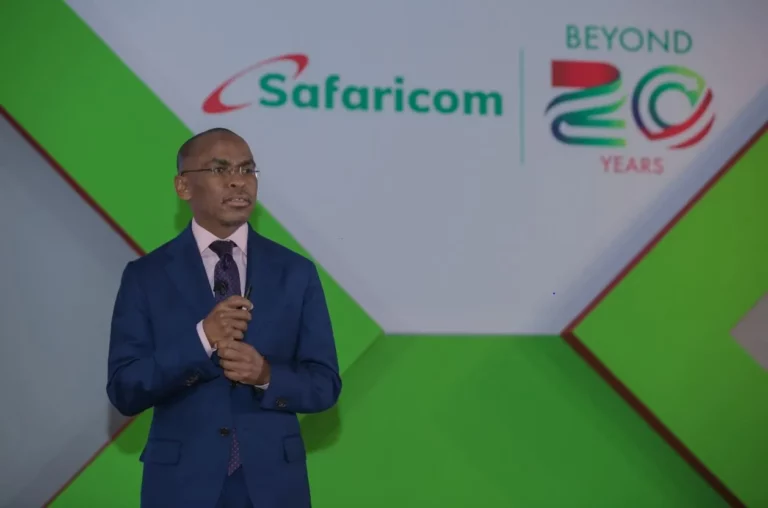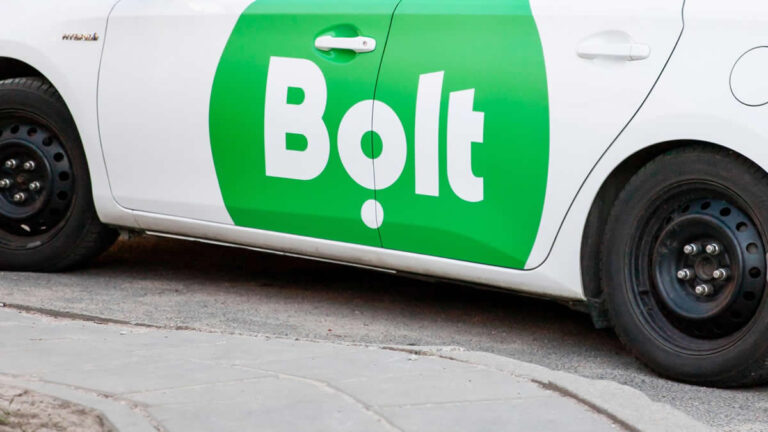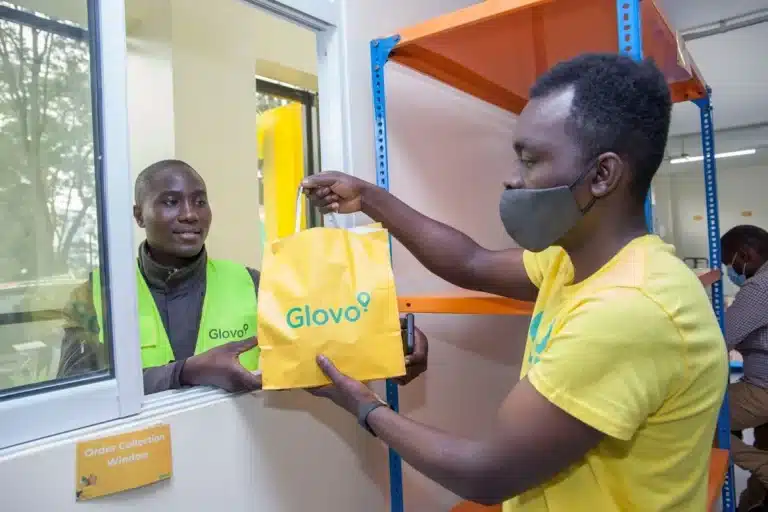In today’s fast world, staying connected is more crucial than ever. Smartphones have now turned out to be the most essential gadgets, helping people work on the go and stay in contact with their families and friends, which in turn manages the daily life of the person. With this increasing dependency, one requires a strong and swift connection. Hence, OPPO comes with its Reno12 Series built with the next generation AI LinkBoost technology for the best connectivity class irrespective of where one is located.
What is AI LinkBoost?
AI LinkBoost is OPPO’s latest set of optimizations, tailor-made for the Reno12 Series to guarantee superior network coverage in very demanding situations. Fredrique Achieng, PR Manager for OPPO Kenya, says, “AI LinkBoost introduces state-of-the-art features like 360º Surround Antenna, boosting antenna power, intelligently choosing between different networks, seamlessly connected, beating the competition with seamless connectivity-even at a weak signal or under complex network conditions.”.
360º Surround Antenna: More Power to Get You Through Harsh Conditions
Among the most striking features of AI LinkBoost is the 360º Surround Antenna. Indeed, this powerful hardware-software combination is created to better connect even in harsh conditions. The nine-antenna design, combined with AI adaptive antenna switching, makes sure that the Reno12 Series keeps you moving in your garage, through tunnels, or any other low-signal area.
This feature is highly beneficial for mobile gamers. The Reno12 Series comes with a third gaming antenna that is optimized for mid and high-frequency performance, further reducing the latency in games by 43% when compared to the Reno11. This feature provides the gamer with a big advantage and assures smoothness while offering speedier responses to every action.
AI LinkBoost for Seamless Network Switching
Either from WiFi to cellular, or from a network on one SIM card to another. The slightest disruption will cause a call to get cut off or a streaming video to buffer. AI LinkBoost on the Reno12 Series tries to combat this by boosting signal transmission power and enhancing its reception capacity for smoother transitions between networks.
AI LinkBoost speeds up SIM switching by 52% for an always-on connected experience for the dual SIM users. What this means, more specifically, is that it will help users who have to juggle work and personal use on different SIMs with minimum downtime to maintain connectivity.
Beyond that, AI LinkBoost increases the speed of WiFi to cellular network switching on the Reno12 Series by 48%, which reduces stutter by 66% during voice calls. This is quite useful when leaving the area of WiFi during a call because the transition to VoLTE will be seamless.
That can be frustrating when one needs to use data-intensive apps in an area with a weak network signal. AI LinkBoost for the Reno12 Series works intelligently to prioritize the active app, therefore shrinking video call lag by 83% and video playback lag by 75% during background downloads. This means you can keep continuous gaming or streaming, or video call without interruptions, even in low-signal areas.
A Harmonious Suite of Features
Therefore, it would not be wrong to say that the Reno12 Series is a complete solution for connectivity with minimum downtime through its AI LinkBoost technology. This has awarded the Reno12 Series as the world’s first TÜV Rheinland High Network Performance Certification by guaranteeing seamless network performance in all scenarios.
Availability and Pricing
The Reno12 series is finally here in Kenya. The Reno 12 will retail for Ksh 69,999, while the Reno12 F will be available for Ksh 49,999 on the OPPO Kenya website, various eCommerce partners, LOOP, and OPPO bricks-and-mortar stores across the country.
The introduction of AI LinkBoost in the OPPO Reno12 Series raises the game bar to a whole new height of performance, hence making your smartphone experience seamless from wherever you are. Be it heavy gaming, working outdoors, or whatever activity requires a strong connection, the Reno12 Series is designed to keep you connected always.







